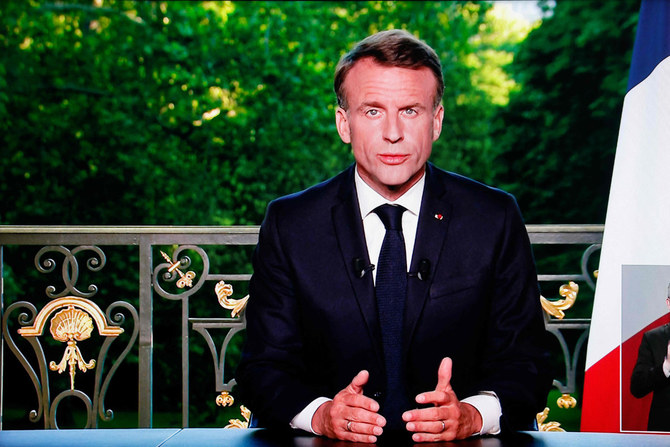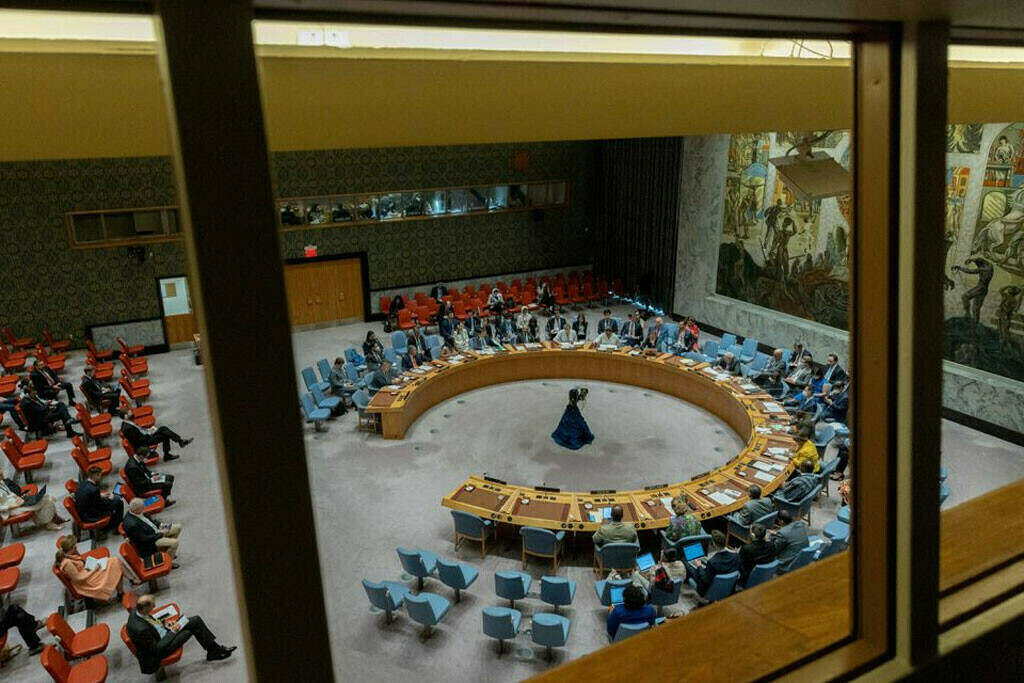French President Emmanuel Macron stunned the nation on Sunday, June 9, by announcing snap legislative elections following a resounding defeat in the European Union vote to Marine Le Pen’s far-right party. Macron’s decision sent shockwaves through the political landscape, raising questions about his political future and the trajectory of France’s governance.
In recent years, Macron positioned himself as the primary bulwark against the far-right, particularly embodied by Marine Le Pen and her party. Since assuming office in 2017 as France’s youngest leader since Napoleon, Macron sought to break the traditional left-right divide, championing pro-European Union centrism and promising economic reforms to revitalize France’s economy and strengthen the European project.
During his presidential bids, Macron emerged victorious over Le Pen, rallying voters to prevent her party from attaining power. However, his recent defeat in the EU elections signals a significant setback for his presidency and underscores the growing influence of far-right ideologies in French politics.
Macron’s tenure has been marked by ambitious reform agendas, aimed at liberalizing the economy, attracting investment, and positioning France as a global leader in innovation. However, his efforts faced substantial opposition, most notably from the anti-government ‘Yellow Vest’ protests and the disruptive impact of the COVID-19 pandemic.
Despite initial momentum, Macron’s reform agenda encountered resistance as he faced criticism for policies perceived as favoring the wealthy and big business. His proposal to raise the minimum pension age sparked widespread protests, highlighting the challenges of implementing structural reforms in a politically polarized environment.
Currently, Macron’s Renaissance party holds a significant presence in the lower house of parliament, with 169 lawmakers out of a total of 577. In contrast, Marine Le Pen’s National Rally (formerly National Front) commands 88 seats. However, if the National Rally secures a majority in the upcoming elections, Macron’s ability to shape the domestic agenda would be severely curtailed, relegating him to a more limited role in governance.
The snap legislative elections, scheduled for June 30 with a second-round vote on July 7, represent a pivotal moment in French politics. The outcome will determine not only the balance of power within the parliament but also the future direction of Macron’s presidency and France’s political landscape.
For Macron, the stakes are high as he seeks to regain momentum and reaffirm his leadership in the face of growing opposition from the far-right. A defeat in the legislative elections could undermine his authority and hinder his ability to enact reforms, potentially derailing his presidency three years before its scheduled end.




